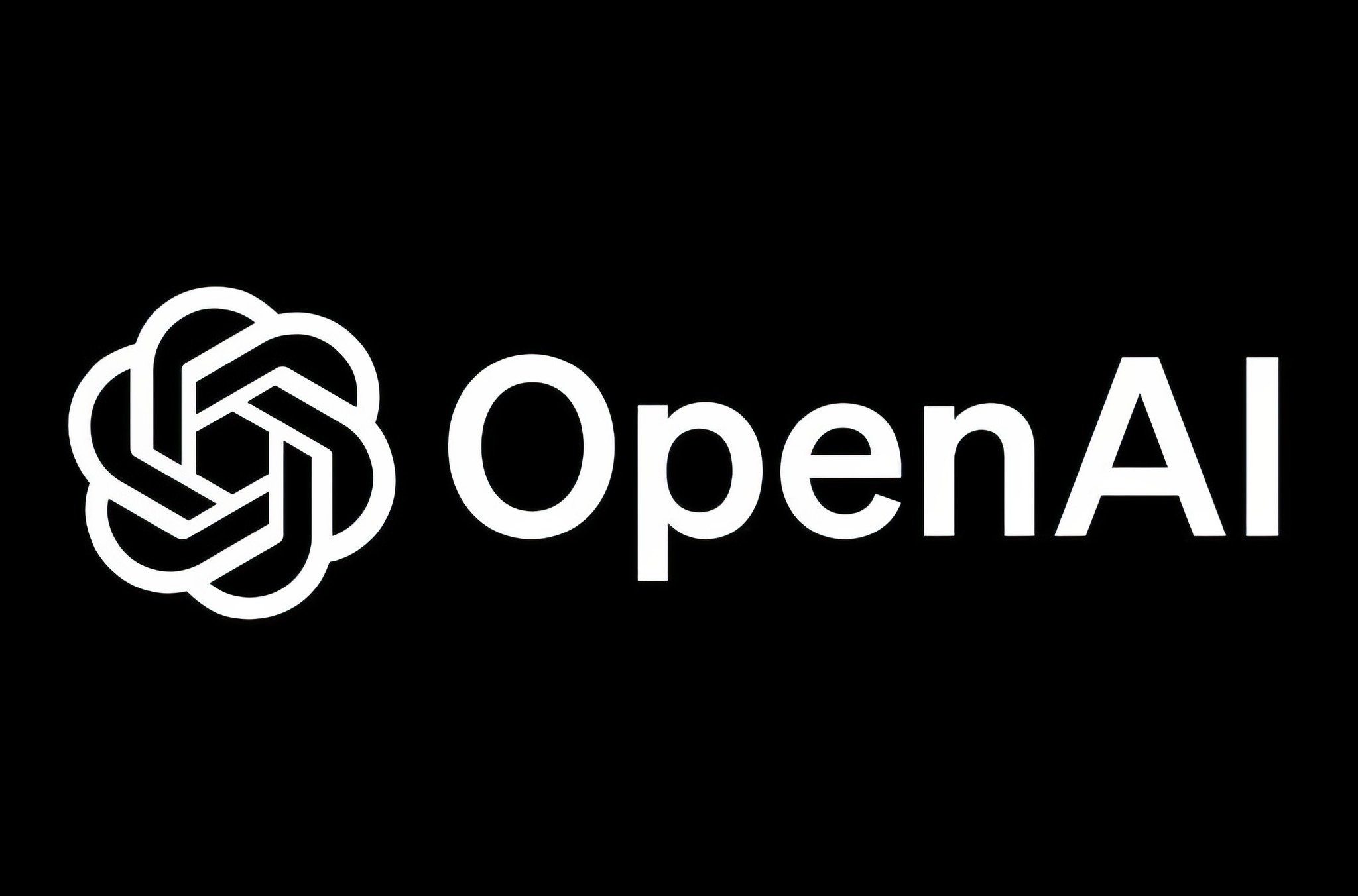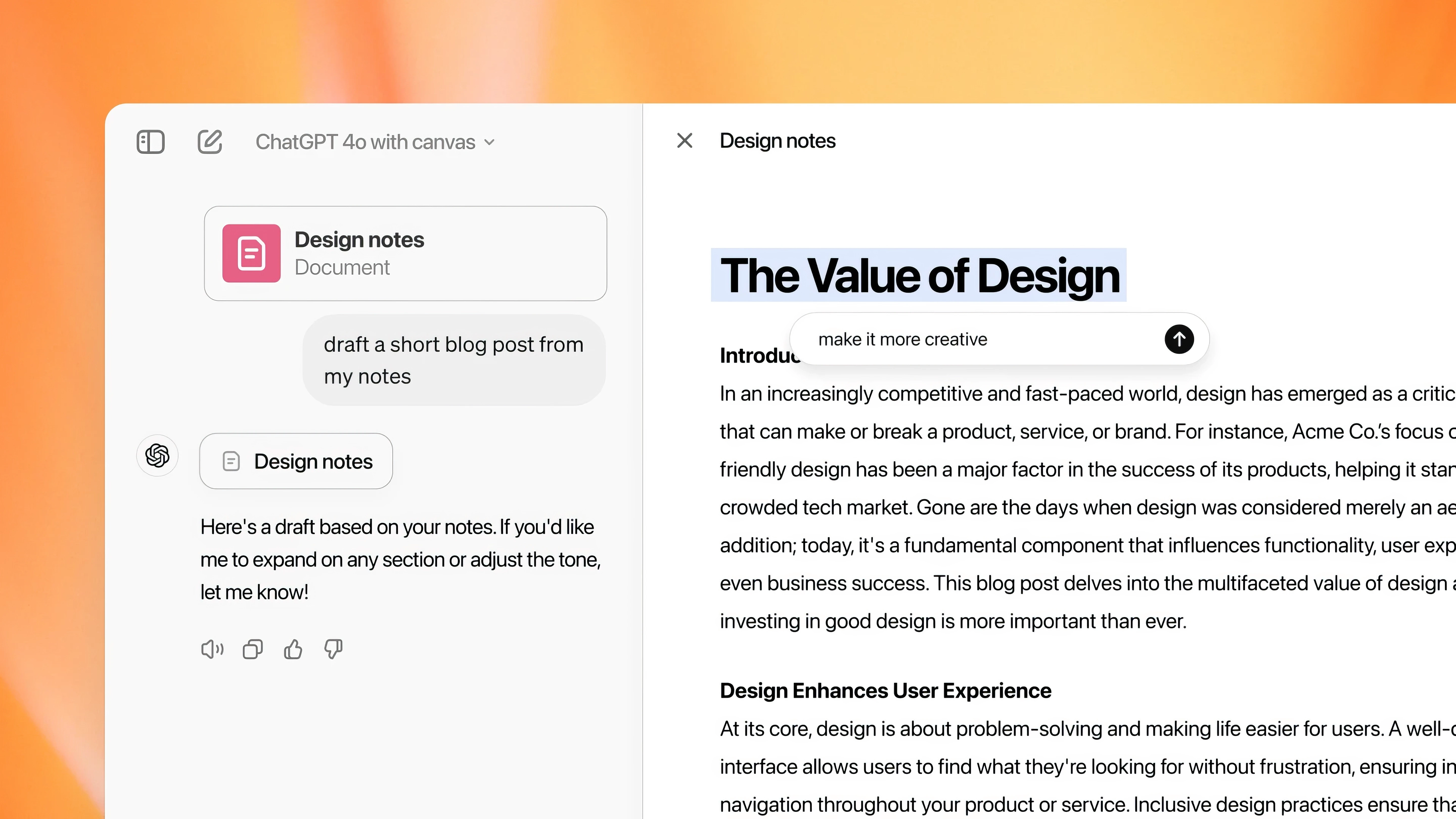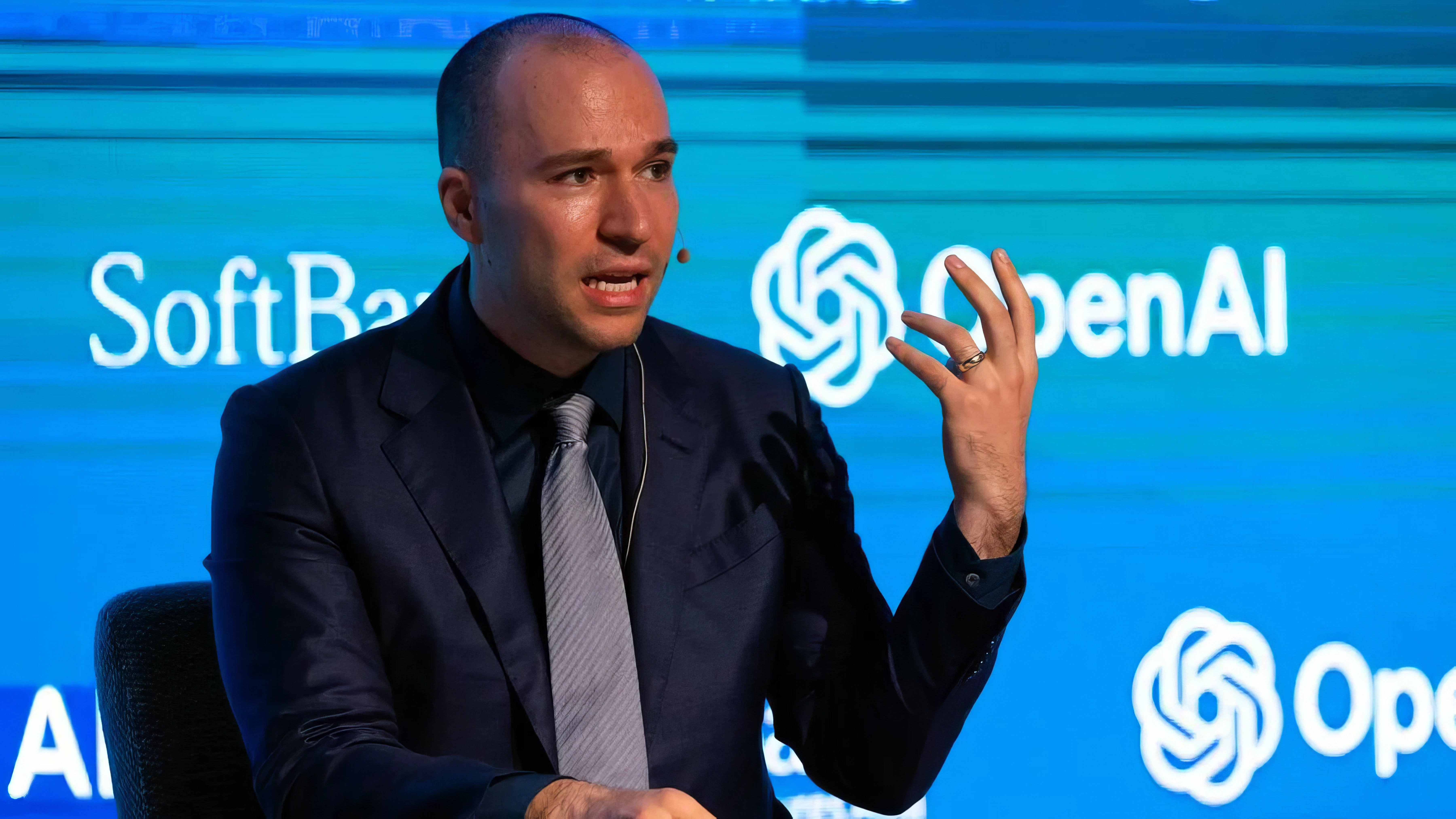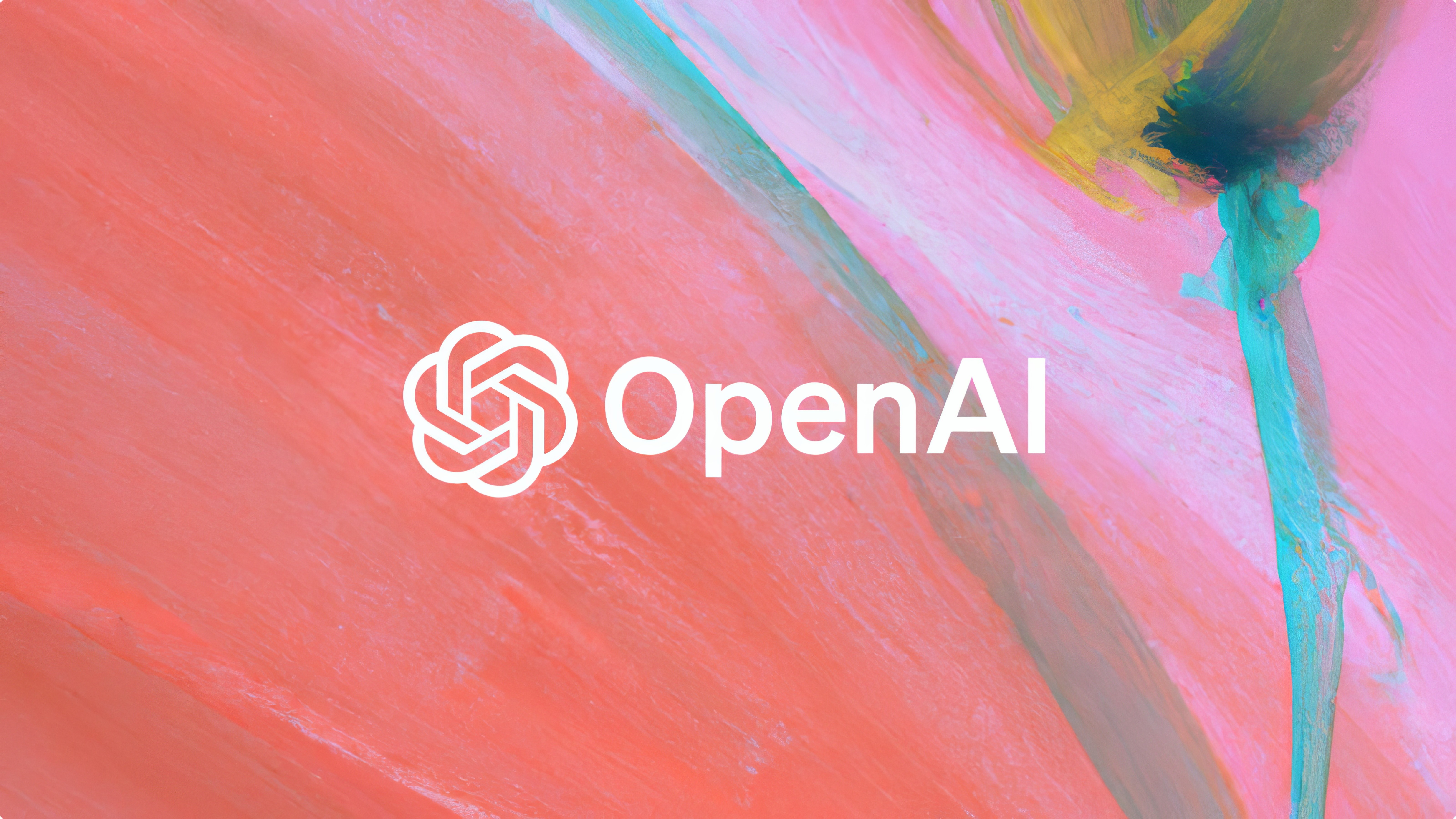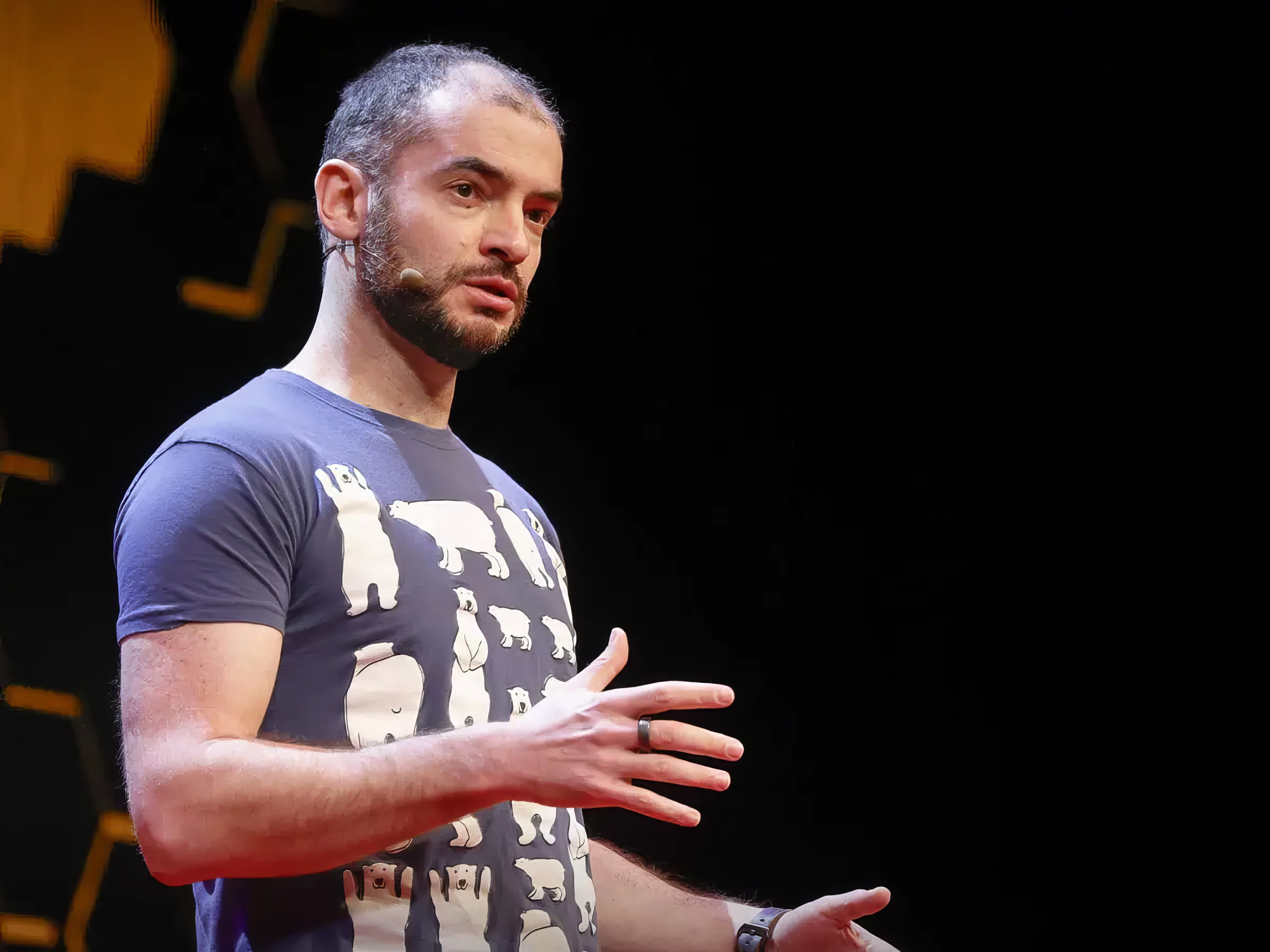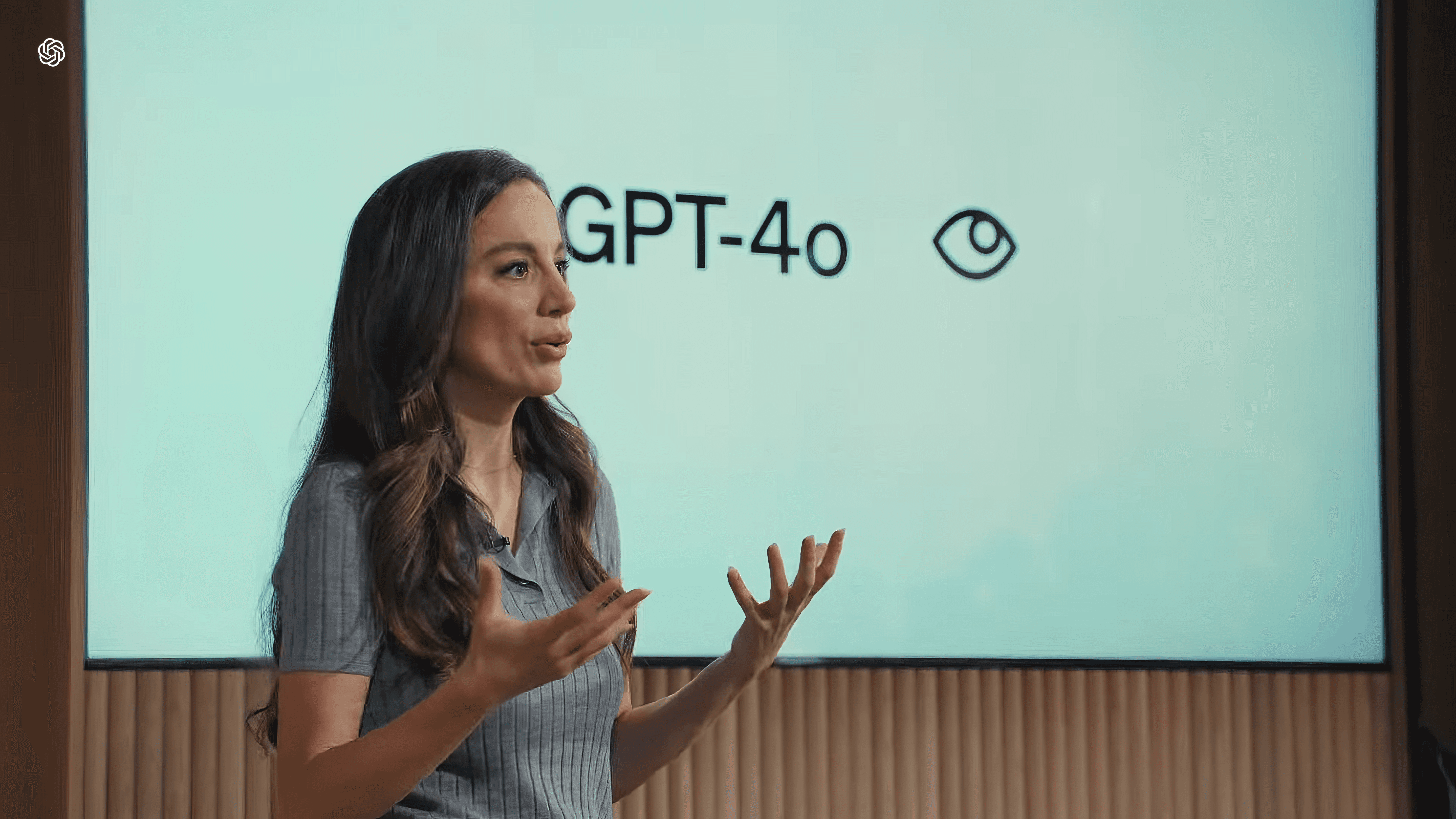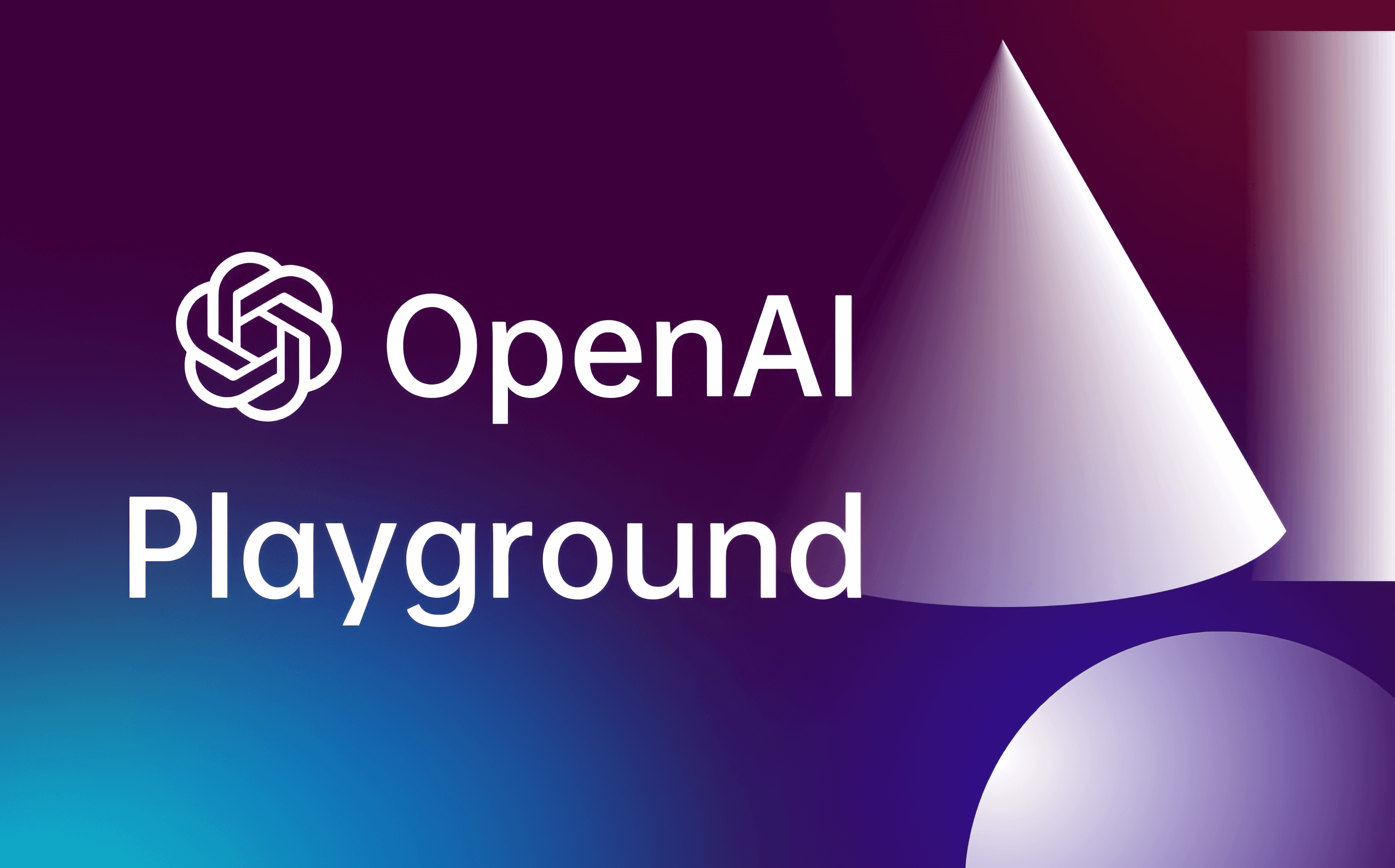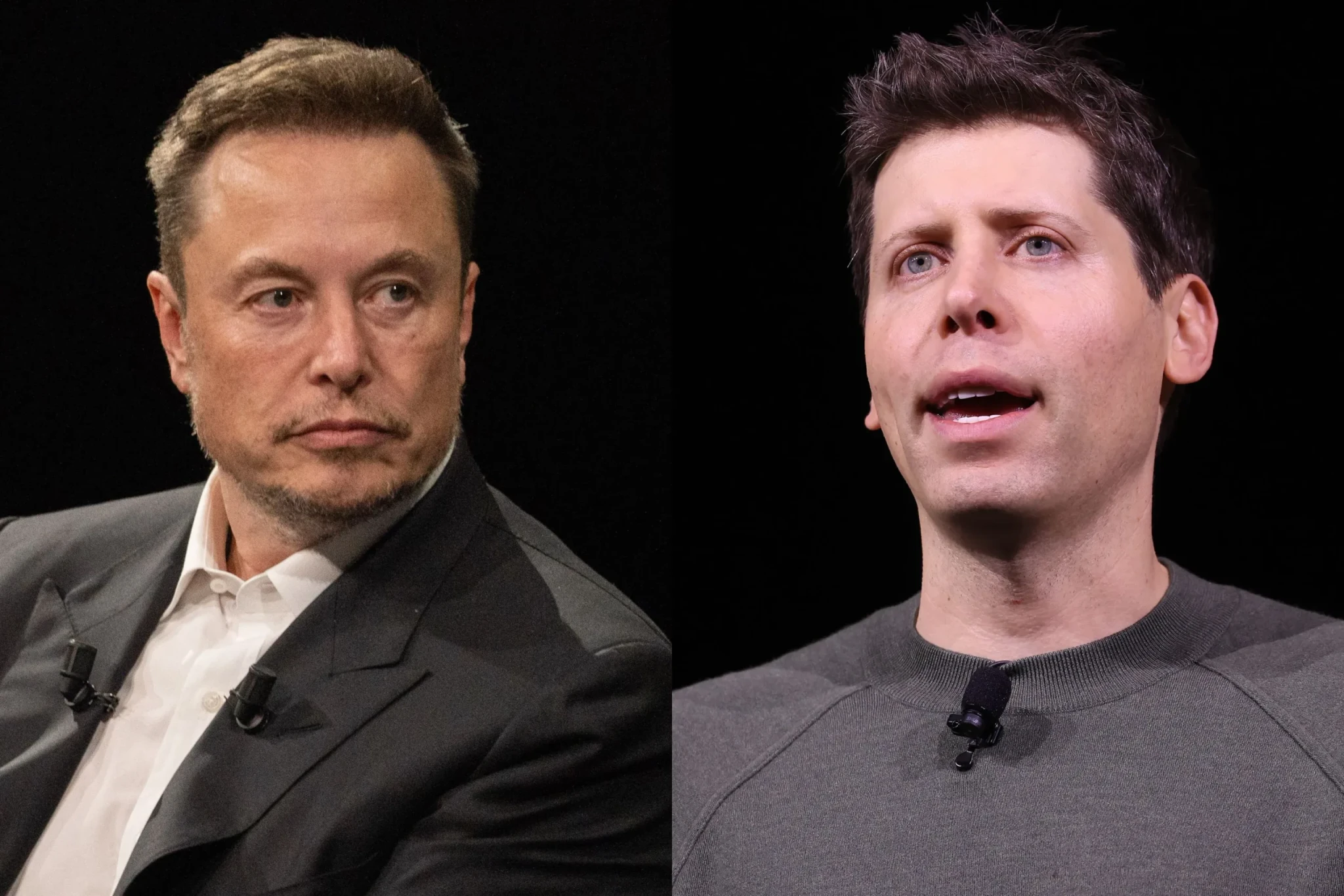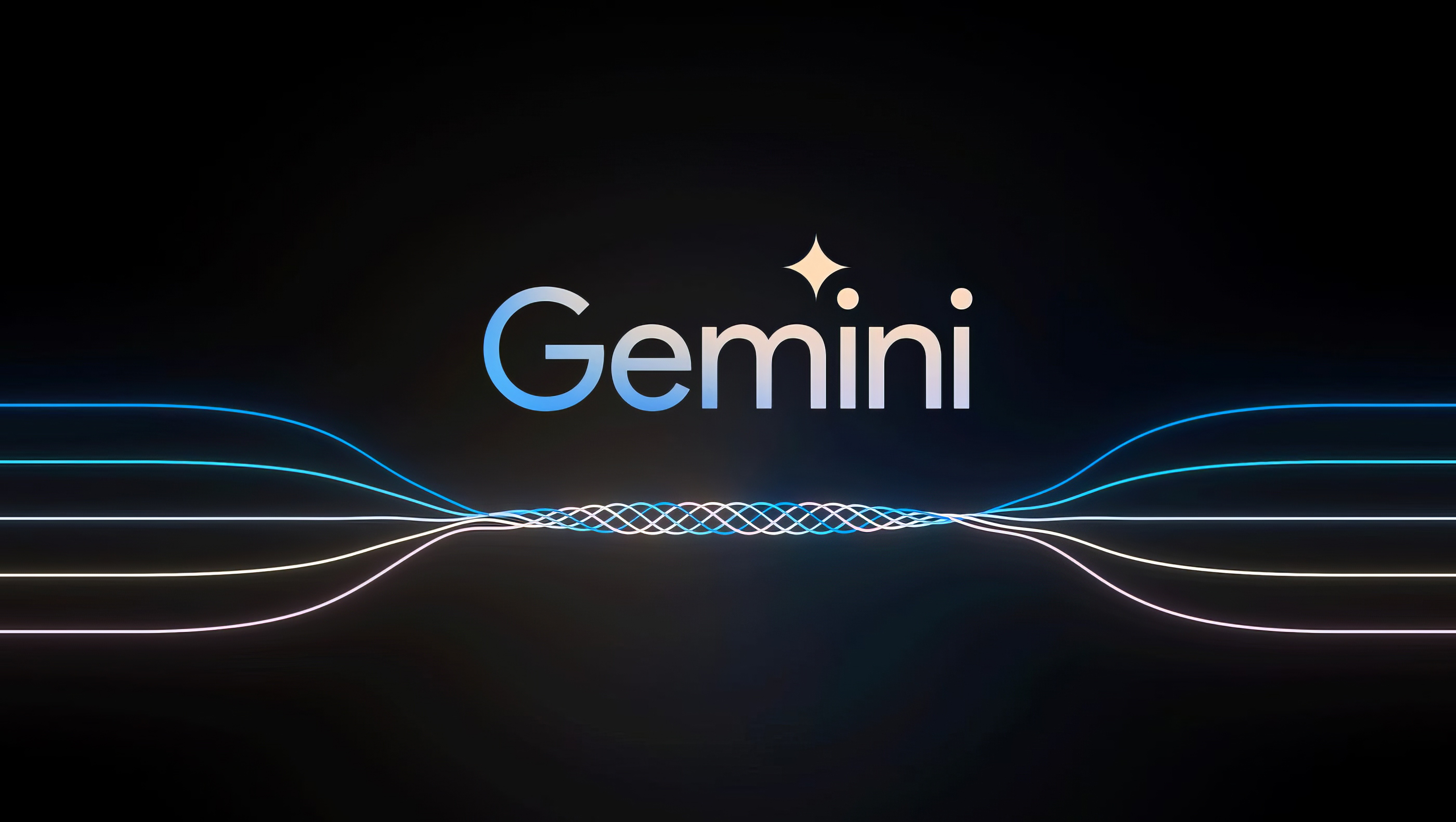[BY]
Dmytro Kremeznyi
[Category]
AI
[DATE]
Mar 31, 2024
OpenAI has once again pushed the boundaries of artificial intelligence with its latest creation, Voice Generation. This AI model is so advanced that it can clone a person's voice from a mere 15-second audio clip.
OpenAI has once again pushed the boundaries of artificial intelligence with its latest creation, Voice Engine. This AI model is so advanced that it can clone a person's voice from a mere 15-second audio clip. Developed since late 2022, it powers the Read Aloud feature in ChatGPT, showcasing OpenAI's commitment to enhancing user experiences through innovative technology.
The core of this breakthrough lies in Voice Engine, a platform developed by OpenAI for generating synthetic voices. This platform can replicate someone's voice to read out text prompts, not just in the original language, but in multiple languages, offering vast possibilities for global communication and content creation.
A select group of companies, including Age of Learning and HeyGen, have been granted access to this technology. They are pioneering its use in various fields, from educational content to storytelling, demonstrating its potential to deliver personalized and engaging experiences.

Voice Engine's development journey began in late 2022, leveraging a mix of licensed and publicly available data. Despite its capabilities, OpenAI has limited its availability to about ten developers, emphasizing a cautious approach to deployment due to the ethical considerations surrounding voice cloning technology.
OpenAI's ethical framework ensures that all partners adhere to strict guidelines, including obtaining explicit consent from individuals whose voices are cloned and disclosing the use of AI-generated voices to listeners. Additionally, OpenAI has introduced audio watermarking to trace the origin of synthetic voices, addressing concerns over misuse and impersonation.
This innovation comes at a time when the digital world is grappling with the implications of AI in personal and public domains. The Federal Communications Commission (FCC) recently banned robocalls using AI-generated voices, highlighting the need for regulations to prevent unethical uses of such technologies.
OpenAI suggests measures to mitigate risks, including phasing out voice-based authentication and educating the public about AI deepfakes. These steps aim to safeguard against the potential misuse of voice cloning technology while exploring its benefits.
In conclusion, OpenAI's Voice Generation and Voice Engine represent significant advancements in voice cloning technology. They offer a glimpse into the future of digital communication, where synthetic voices could play a crucial role in creating more personalized and accessible content. However, the journey ahead requires careful navigation of ethical considerations to ensure that this technology enhances human experiences without compromising individual rights or safety.
Content
